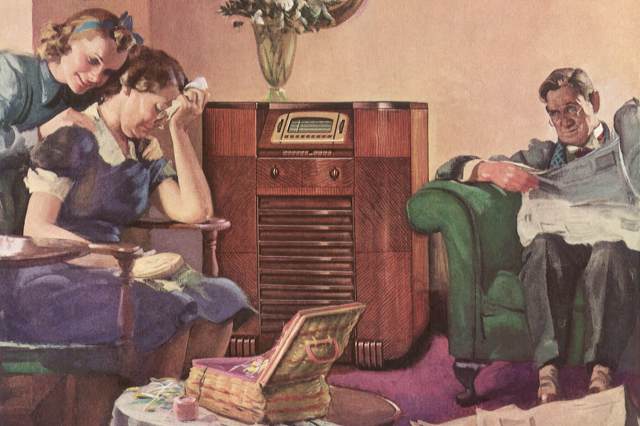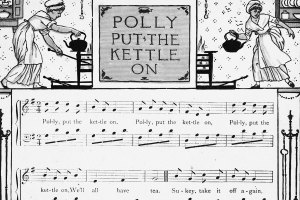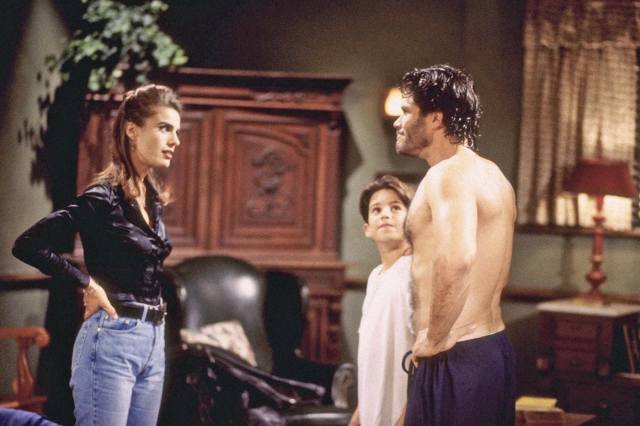Why Are They Called ‘Soap Operas’?
If you grew up anytime between the 1950s and 1990s, you may have had a family member who tuned in every afternoon to watch their favorite TV soap operas. Or maybe you had your own favorite show that you watched during summer break or sick days from school. These daytime dramas, airing Monday through Friday, were fixtures in many households, providing homemakers, stay-at-home parents, and even kids home from school with a daily escape into the lives of familiar characters. For more than seven decades, soap operas have held a unique place in popular culture, with their tales of romance, betrayal, family feuds, timely topics, and farfetched plot twists. Here’s a look back at the origins of this nostalgic television genre, and the reason these long-running TV serials came to be known as “soap” operas.

Soap Operas Started on the Radio
Soap operas trace their roots to the early days of radio in the 1920s. At the time, they were simply called “serial dramas” or “radio dramas” because of their recurring nature. Originally airing in the evenings, the first radio dramas included a variety of genres to entertain families. Once advertisers recognized the potential of the medium to sell their household products, radio dramas made the switch to daytime and a largely female audience. The storytelling format was structured so that listeners, who were primarily homemakers, could easily follow ongoing storylines while they did their household chores, even if they missed an occasional episode.
One of the earliest soap opera precursors was Clara, Lu ‘n’ Em, which debuted in the evenings on NBC’s Chicago radio affiliate, WGN, in June 1930. The series had begun as a sorority sketch created by three friends at Northwestern University and centered on three Midwestern housewives who shared a duplex. The show was picked up by the NBC Blue radio network and gained a national audience before going on to become the first network daytime serial when it shifted to a matinee time slot in 1932.
In October 1930, WGN debuted the radio serial Painted Dreams, which is credited as being the first daytime soap opera for radio. Created by radio actress Irna Phillips, whose considerable contributions to the medium earned her the nickname “the mother of the soap opera,” Painted Dreams featured a character named Mother Moynihan, who doled out old-fashioned advice to the two young women who lived with her. Phillips not only wrote the scripts for the series, but also played the part of Sue Morton, an orphaned young woman who lived with the widowed matriarch along with Moynihan’s daughter Irene.



















